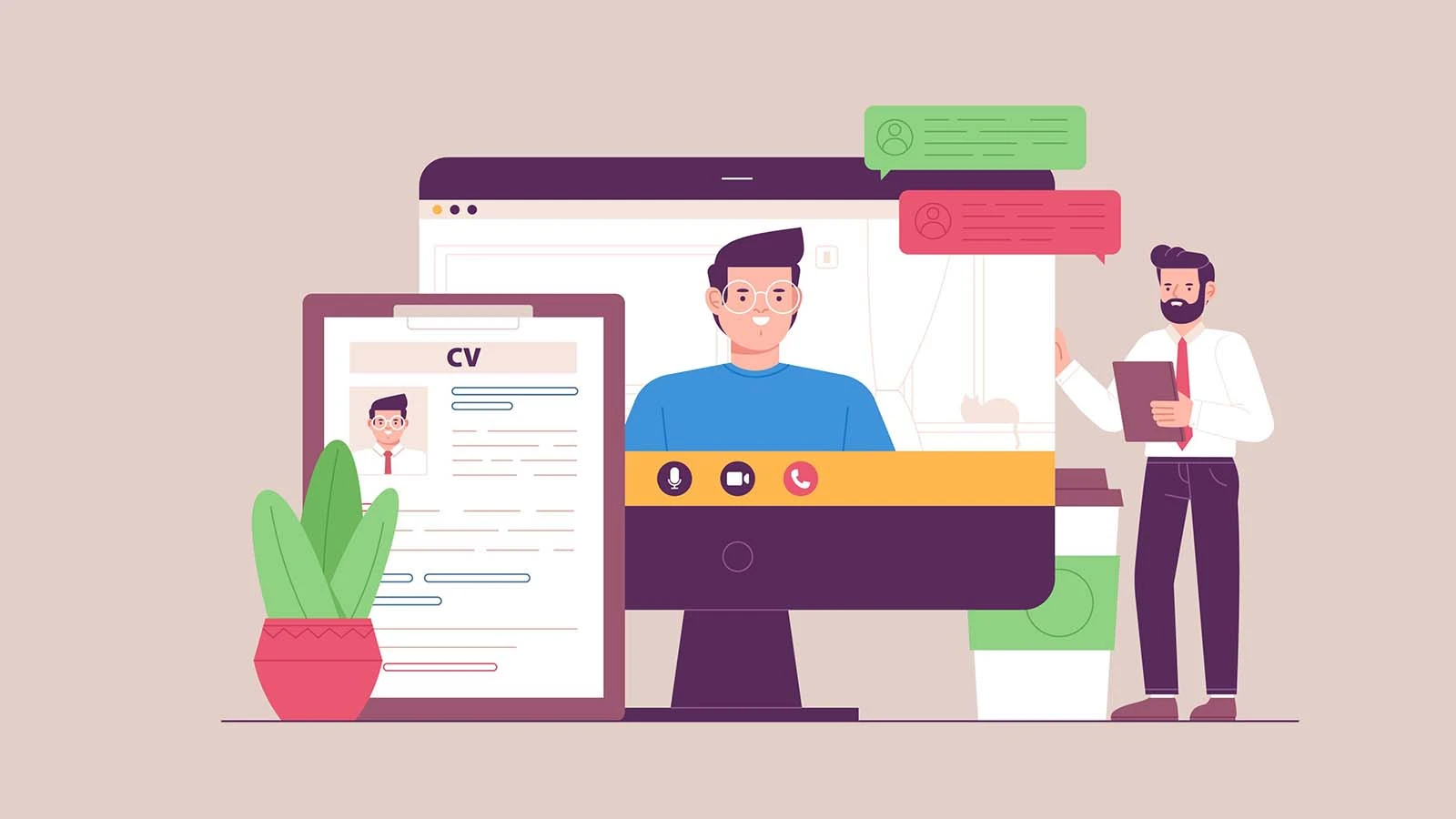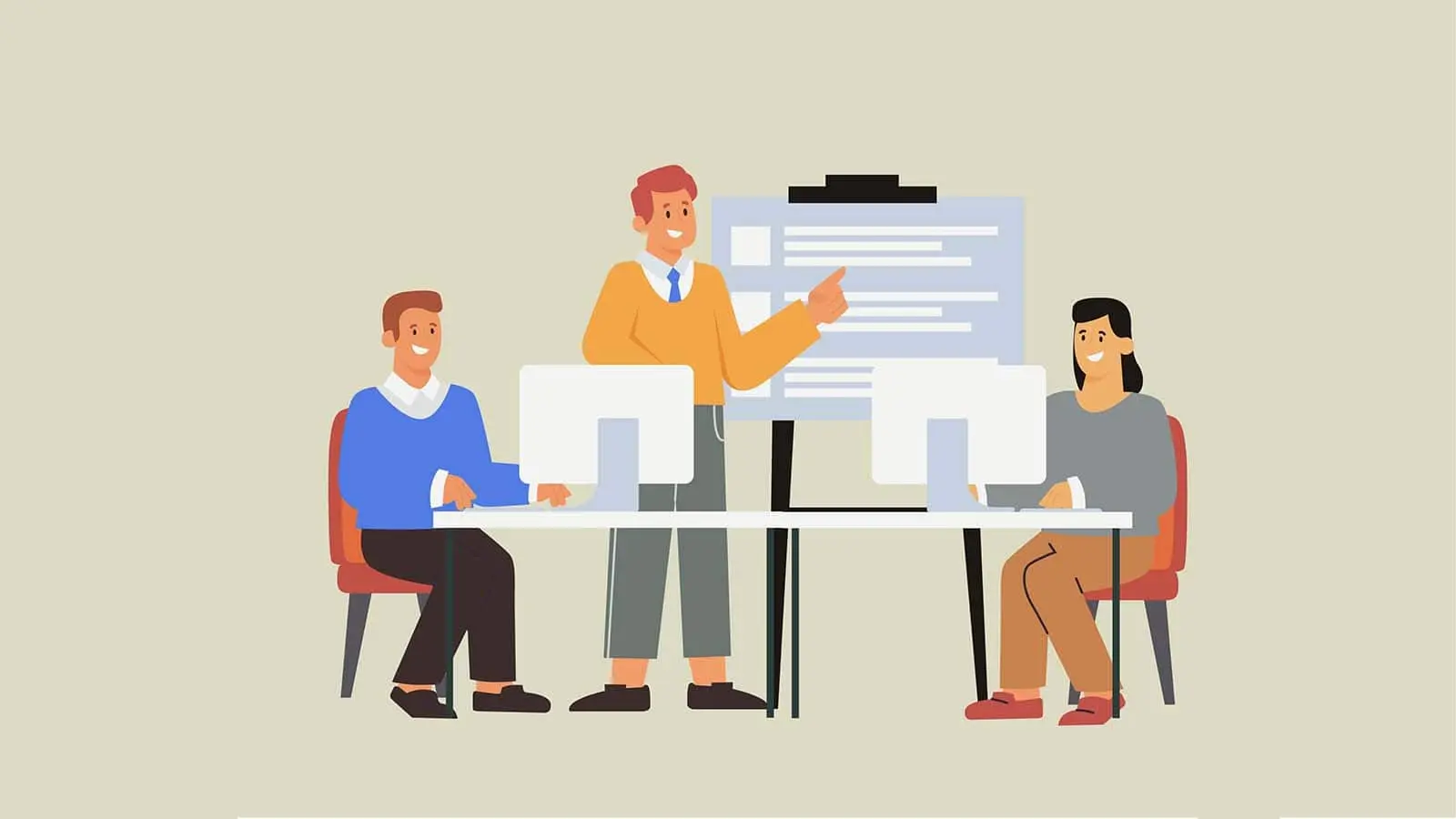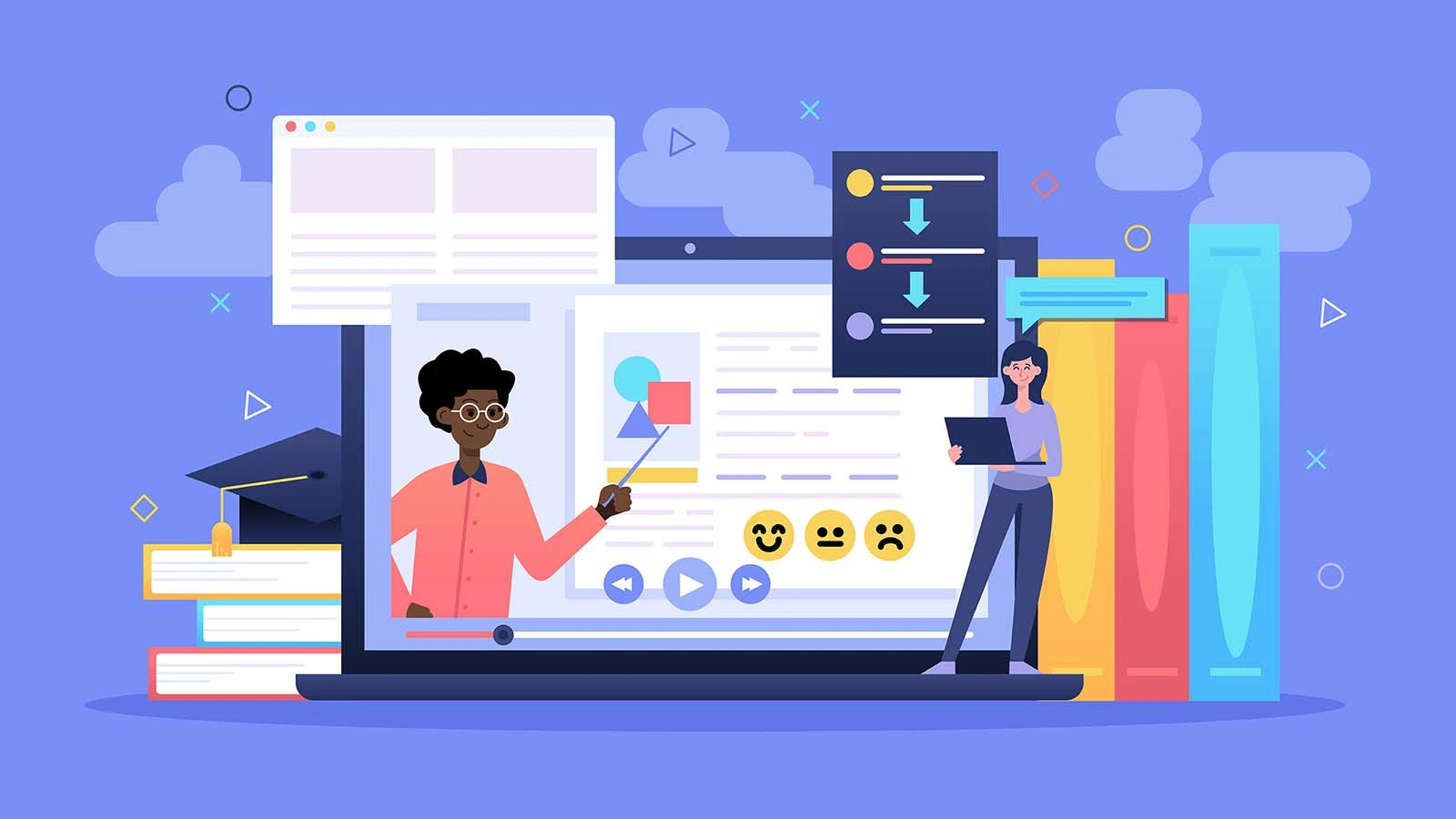Overcoming the Top 8 Barriers to Learning
Rohit Kumar
31 Aug, 2023

The learning journey is a continuous process that extends far beyond the confines of our school and college years. However, this journey is often marked by numerous obstacles that can impede our progress, dampen our enthusiasm, and hinder our ability to acquire and retain new knowledge.
These barriers to learning, whether encountered in a corporate setting or any other form of adult learning, can significantly impact our learning outcomes. This guide provides a nuanced exploration of the top eight barriers to learning and offers practical solutions to overcome them.
Emotional Learning Barriers
Emotional barriers to learning can create a sense of discomfort among learners, thereby sabotaging the learning process. These barriers include resistance to change, fear of failure, and lack of focus.
Resistance to Change
Change is an integral part of any learning process. However, many individuals resist change due to a fear of the unknown or a belief that they already possess all the necessary knowledge. This resistance can manifest in various forms, such as hesitance toward new technologies or a reluctance to undertake additional training.
Overcoming this barrier requires clear, supportive communication and sufficient information about the training process. Organizations can help learners adapt to new technologies and learning methods by choosing user-friendly software and providing comprehensive tutorials. Additionally, addressing learners' concerns and providing them with the necessary resources can help alleviate their resistance to change.
Fear of Failure
The fear of failure can be a substantial obstacle to learning. Many believe that not trying is safer than risking failure, which can prevent them from learning valuable skills and taking advantage of growth opportunities. To overcome this barrier, organizations should foster a learning environment that allows for mistakes and encourages learners to practice new skills.
Online competency building platforms can be particularly effective, providing opportunities for multiple attempts and offering encouraging feedback. By fostering a positive attitude toward learning and emphasizing the value of making mistakes as part of the learning process, organizations can help learners overcome their fear of failure.
Lack of Focus
Learning is a step-by-step process, and skipping steps can hinder subsequent development. Suppose a learner lacks foundational knowledge or is transitioning to a new work area. In that case, this can pose significant challenges to their learning progress.
To overcome this barrier, organizations should ensure that their training courses are consistent and cover all the necessary basics before moving on to more complex topics. That can be achieved by designing comprehensive learning tracks tailored to the needs of different departments or individuals, thereby ensuring that all learners have a solid foundation upon which to build their knowledge.
Lack of Understanding of the Bigger Picture
Motivational barriers can emerge once the learning process has begun. These barriers include a lack of previous knowledge, a lack of understanding of the broader picture, and a lack of purpose.
Lack of Previous Knowledge
Suppose employees don't understand their role within the company or the company's overall business strategy. In that case, they may see training as irrelevant. This lack of awareness can reduce motivation to participate in training programs.
Organizations should clearly articulate their mission, vision, and values to overcome this barrier and include this information in their onboarding program. By helping employees understand how their role contributes to the company's overall goals, organizations can foster a sense of purpose and motivation among their employees.
Lack of Purpose
Adult learners want to understand how training will benefit them in their work or personal life. If they see no practical application for the training, they may lack the motivation to participate.
To overcome this barrier, organizations should communicate the practical benefits of the training and include hands-on exercises that allow learners to apply their new knowledge. By demonstrating the real-world relevance of the training, organizations can motivate learners to engage with the training material and apply what they've learned in their daily tasks.
Personal Learning Barriers
Personal learning barriers are related to an individual's specific traits and characteristics. These barriers include different learning styles and impairments.
Different Learning Styles
Different individuals have different learning styles. Some people learn best through reading, others through listening and hands-on activities.
Organizations should diversify their training methods and use a mix of text, audio, video, and interactive activities to cater to these different learning styles. By accommodating different learning styles, organizations can ensure their training material is accessible and engaging for all learners.
Impairments
Certain health conditions can make the learning process more challenging for some individuals. These conditions may include hearing, visual, or learning impairments, requiring adjustments to the learning material to ensure accessibility.
To ensure that learning is accessible to all, organizations should adjust their content to meet accessibility standards and principles. That may involve providing subtitles for videos, using clear and legible fonts, or offering alternative formats for learning materials.
In conclusion, while barriers to learning can pose significant challenges, they are not insurmountable. Organizations can create a conducive learning environment that fosters growth and development by understanding these barriers and implementing effective strategies to overcome them.
After all, as Henry Ford once said, "Obstacles are those frightful things you see when you take your eyes off your goal." By keeping our eyes on the goal of learning, we can overcome any barrier that comes our way. That will benefit the individual learners and contribute to the organization's success and progress.
Upgrade your existing learning and development processes with a world-class competency management system. Book your free demo of Core Competency Management System today.
Assessment of Behavioural Core Competencies
For example, students struggling with a particular concept could be provided with additional resources or assigned to a different module via the e-learning and learning management system.
Read Blog




